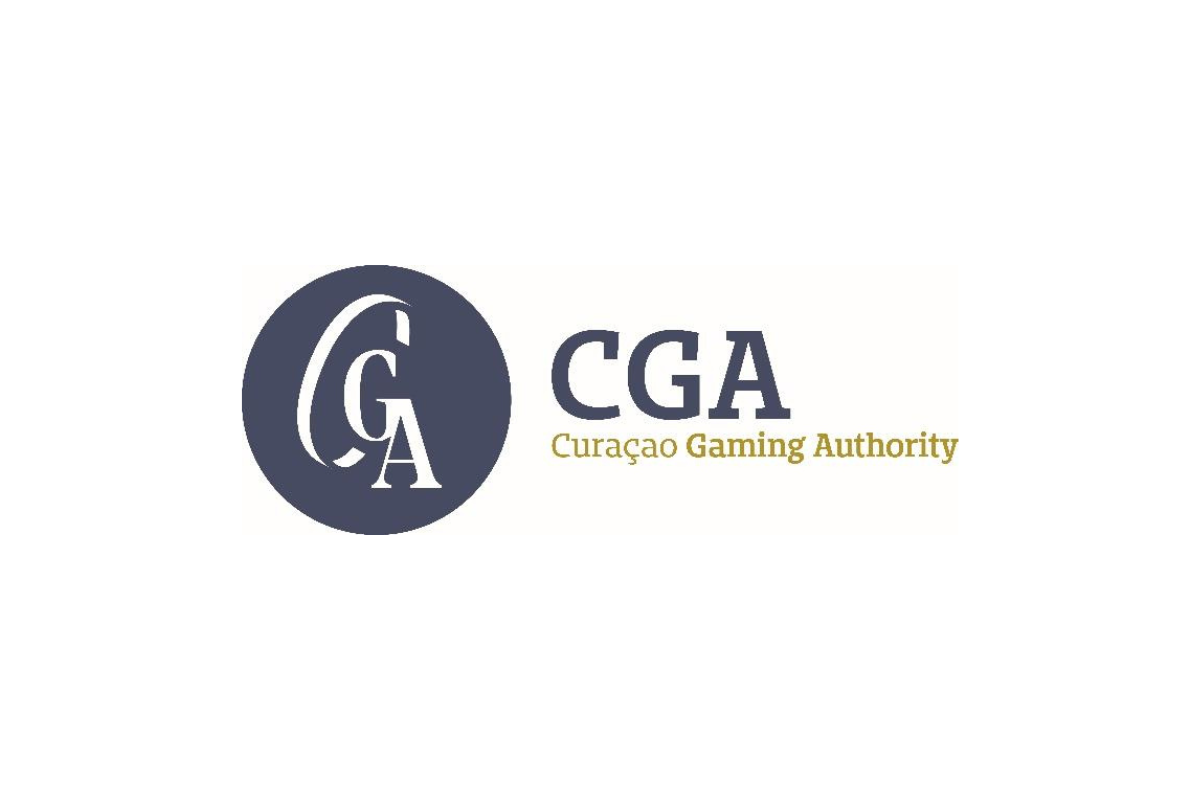Canada
What Do Canadians Think About Gambling Ads And Its Possible Ban?

Canadians’ opinions on gambling advertisements and the potential ban surrounding them have sparked considerable interest. The issue has ignited discussions about the impact of these ads on society and individuals. With concerns about excessive gambling and its consequences, some Canadians advocate for a ban on gambling advertisements, while others emphasize the importance of freedom of expression and responsible gambling messaging.
This article delves into the perspectives of Canadians regarding gambling ads and explores the potential implications of a ban, shedding light on the ongoing debate surrounding this contentious issue.
How Does the Online Gambling Ads Industry Work in Canada?
In Canada, the gambling ads industry operates within a regulatory framework that aims to balance the promotion of gambling activities with responsible advertising practices. The influence of gambling ads can be significant, especially considering the increasing popularity of online gambling platforms and the widespread use of digital advertising. Also, gamblers consider ads as one of the indicators to choose the most suitable and profitable platform which makes ads even more important. If you are also looking for the best online casino Canada, you can take into account the ads and their suggestions.
The regulations for gambling ads in Canada vary across provinces and territories, as each jurisdiction has its own gambling regulatory authority. For instance, the Alcohol and Gaming Commission of Ontario (AGCO) oversees gambling activities in Ontario, while the British Columbia Lottery Corporation (BCLC) is responsible for gambling regulations in British Columbia. These regulatory bodies enforce rules to ensure that gambling ads are socially responsible, fair, and compliant with relevant laws.
While successful examples of gambling ads in Canada can be subjective, several notable campaigns have gained attention. The Ontario Lottery and Gaming Corporation’s (OLG) “Know Your Limit, Play Within It” campaign focuses on promoting responsible gambling behaviors and educating players about the importance of setting limits. This campaign emphasizes the importance of self-control and moderation.
The influence of gambling ads in Canada is substantial, as they have the potential to shape perceptions and behaviors. Effective gambling advertisements can create a sense of excitement, showcase the variety of gambling options available, and entice individuals to participate. However, there are concerns that these ads may also contribute to problem gambling behaviors or target vulnerable individuals.
To address these concerns, Canadian regulations impose restrictions on gambling advertising content and placement. Advertisements must include responsible gambling messages, such as promoting self-exclusion programs, providing information on problem gambling helplines, and encouraging responsible play.
Are Gambling Ads Good or Bad?
From the perspective of casinos, gambling ads serve as a means to attract new customers and promote their offerings. Through captivating visuals, enticing promotions, and enticing narratives, these advertisements aim to create brand awareness and generate revenue. They provide a platform to showcase the diverse range of games, amenities, and entertainment options available at a casino. Moreover, ads often emphasize the potential for large winnings, which can pique the interest of individuals who may not have considered gambling previously.
For gamblers, gambling ads can offer valuable information about new games, promotions, and special events. They can provide a sense of excitement and anticipation, encouraging individuals to visit a casino and engage in their preferred form of gambling. Additionally, these advertisements can serve as reminders for responsible gambling practices, with many ads featuring messages about setting limits, seeking help for problem gambling, and promoting self-control.
However, some argue that these advertisements may normalize and glamorize gambling, leading to excessive or problematic gambling behaviors. They may also target vulnerable individuals, such as those struggling with addiction or financial difficulties, exacerbating their challenges. Critics also contend that the pervasive nature of gambling ads can create an environment that encourages impulsive or uninformed gambling decisions.
Gambling Ads Can Be Banned in Canada
Prominent figures such as Olympic medalist Clara Hughes, children’s entertainer Raffi Cavoukian, and former school principal and NHL hockey dad Karl Subban support the Campaign to Ban Ads for Gambling in Canada. Their involvement raises awareness about the concerns surrounding gambling advertisements and advocates for stricter regulations to protect vulnerable individuals and youth. The Canadian Mental Health Association (CMHA) also raises concerns about gambling ads.
CMHA Ontario CEO Camille Quenneville expresses deep concern about the negative impact of online gambling advertising, including sports betting, on vulnerable individuals, especially youth. Studies have shown that gambling advertisements normalize the behavior and contribute to increased gambling among young people. According to a recent Statistics Canada study, over 300,000 Canadians are identified as being at moderate or severe risk for gambling-related issues.
In response to these concerns, there are varying opinions on how to address the issue. While some argue for a complete ban on gambling ads, others, like Jeffrey Derevensky from the International Centre for Youth Gambling and High-Risk Behaviors, propose implementing regulations as a solution.
The debate surrounding gambling advertising reflects the need to strike a balance between promoting responsible gambling practices and protecting vulnerable individuals, especially young people, from the potential harm associated with excessive exposure to gambling promotions. Derevensky proposes reducing the number of ads and making them less enticing, as well as scheduling them for later hours to limit exposure to younger audiences.
Balancing the need to protect vulnerable individuals while still allowing for responsible gambling is a complex challenge. The focus should be on promoting responsible gambling practices and raising awareness about potential risks associated with gambling rather than solely relying on advertising to attract customers.
-

 Asia6 days ago
Asia6 days agoDigital gaming disruption tackled in 1st AsPac Regulators’ Forum
-

 Compliance Updates7 days ago
Compliance Updates7 days agoSOFTSWISS Releases Gambling Regulation Directory for iGaming Operators
-

 Compliance Updates7 days ago
Compliance Updates7 days agoAlternative Dispute Resolution (ADR) Role and Certification
-

 Asia7 days ago
Asia7 days agoiRace Media extends partnership with The Hong Kong Jockey Club in Asia
-

 Central Europe7 days ago
Central Europe7 days agoSYNOT Games Delivers Bespoke Games Exclusively for SazkaHry.sk in the Slovak Market
-

 Latest News7 days ago
Latest News7 days agoIs Horse Racing Betting Still Popular In Europe?
-

 Latest News7 days ago
Latest News7 days agoDeepDive launches AI platform to strengthen Enhanced Due Diligence for gaming operators’ anti-money laundering effortsÂ
-

 Latest News7 days ago
Latest News7 days agoFlutter UKI Invests Nearly ÂŁ7M into Community Sports




























